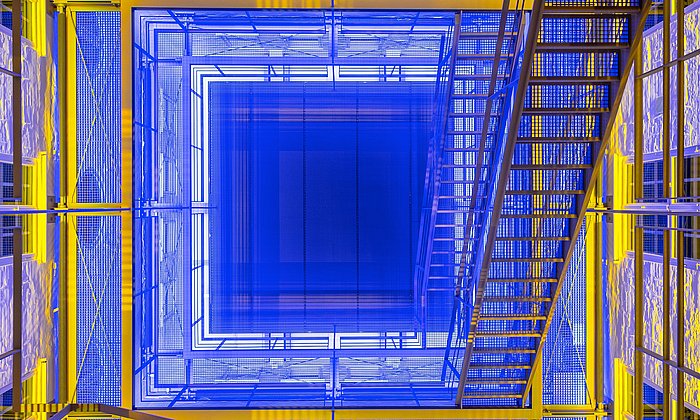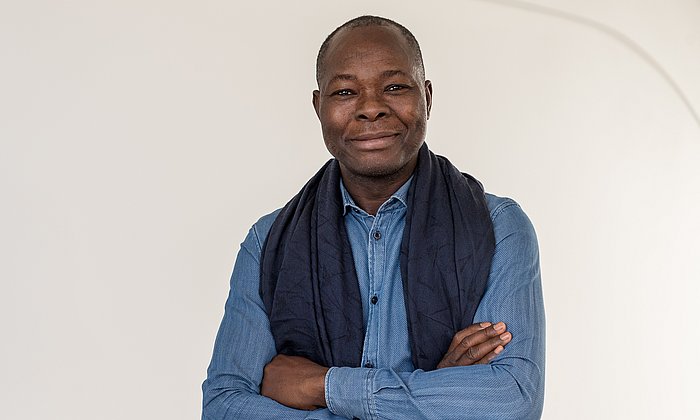TUM Dies Academicus annual academic celebration
Giving the World a Home
![[Translate to English:] Präsident Thomas F. Hofmann beim Dies Academicus 2022. [Translate to English:] Präsident Thomas F. Hofmann beim Dies Academicus 2022.](/fileadmin/_processed_/4/3/csm_20221201_Dies_Academicus_AE_-298_eaad85b776.jpg)
In his review of the past year the President examined a wide range of challenges and successes. Thus, in spite of the Corona pandemic TUM has managed to normalize university life once again. In addition, grants made it possible for researchers who fled the war in Ukraine to find "stability and a new intellectual home" at TUM.
Hofmann thanked the generous donors who made these grants possible, organized by Susanne Porsche and Alexander Liegl. The recipients also expressed their thanks for the open reception and integration in the TUM family. Accordingly, the theme of this year's Dies Academicus was "Giving the World a Home".
The launch of the TUM Sustainability Strategy 2030 and the first-class international rankings earned by TUM were also a topic for Hofmann. For the first time, the three most important rankings, QS, THE and Shanghai, unanimously chose TUM as the best university in Germany.
"Bavarian global player"
Bavarian Minister of Science Markus Blume also addressed TUM's world-class status: "The TUM Spirit is good for Bavaria! TUM has the right answers to the major questions of our time, and stands shoulder to shoulder with the best in the world. TUM uses its international orientation and excellence to create the proverbial home for the world. TUM is our Bavarian global player. We're incredibly proud of the fact – and we want more!"
TUM Student Representative David Vadasz pointed to the special atmosphere at TUM. The Political Science student with Hungarian roots added that in the meantime the university has become a home to him. He however also mentioned open challenges such as the extreme housing shortage facing students in Munich and the high risk of poverty resulting from the high cost of living. He called on universities, the city of Munich and the state of Bavaria to form a "new coalition" to pursue residential construction for students.
The event's featured speaker, the internationally renowned architect and TUM professor Francis Kéré, emphasized the importance of education. He himself, he recounted, was lucky enough as a young man to have received a scholarship which brought him from his West African home of Burkina Faso to Germany.
But this kind of access to first-class education "remains just a dream for millions of Africans," Kéré said regretfully, adding that his first architectonic project was a school building in his home town. In the meantime Germany and TUM have become his home, said Kéré, who continues his intensive efforts on behalf of education: "I am truly proud to be a part of this family."
Greetings from Space
Awards
Dies Academicus was also the occasion for presenting of a variety of awards to deserving members of TUM.
The Heinz Maier-Leibnitz Medal
In 2022 the highest of scientific awards presented by TUM, the Heinz Maier-Leibnitz Medal, goes to cosmologist Prof. Sherry Suyu and computer scientist Prof. Stephan Günnemann.
Suyu was honored by TUM Vice President Prof. Juliane Winkelmann for her calculation of the Hubble Constant using a completely new method. The Constant is a value used in expressing the speed at which the universe is expanding.
Günnemann is the director of the Munich Data Science Institute at TUM. His research looks at the secure and reliable application of Machine Learning and the analysis of large volumes of data.
TUM Entrepreneur of Excellence
Start-up founder Katharina Kreitz was recognized as an excellent entrepreneur. She studied mechanical engineer at TUM and earned an additional MBA degree. The company she founded, Vectoflow, makes dynamic measurement systems which are used in a large number of technical and industrial applications. Entrepreneurship professor Nicola Breugst placed special emphasis on Kreitz' function as a role model for future start-up founders, adding that the alumna is very dedicated to her work as a mentor and enjoys passing on her knowledge to current TUM students.
Sustainability Award
This year's Sustainability Award goes to Prof. Werner Lang. The prize winner works on the topic of sustainable construction. More than anything he is interested in finding solutions that can really be put into practice.
TUM vice president Prof. Gerhard Kramer pointed to the fact that in the past construction activities have resulted in the emission of large amounts of environmentally harmful CO2. This is what makes sustainable and energy-efficient planning and construction so effective in the fight against climate change.
The musical accompaniment for the Dies Academicus celebration was provided by Jazz composer and singer Alma Naidu.
Technical University of Munich
Corporate Communications Center
- Ulrich Meyer
- presse@tum.de
- Teamwebsite
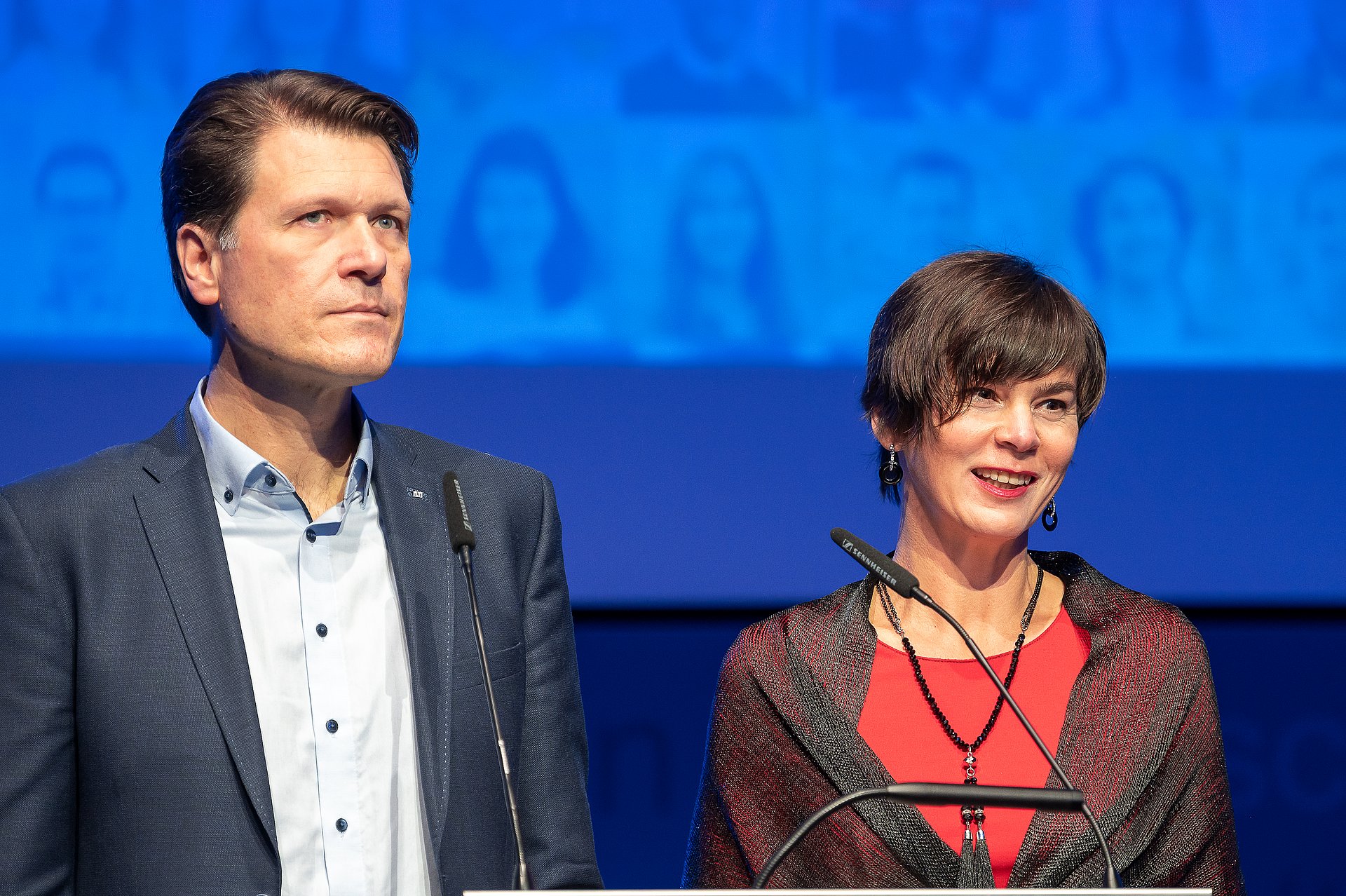
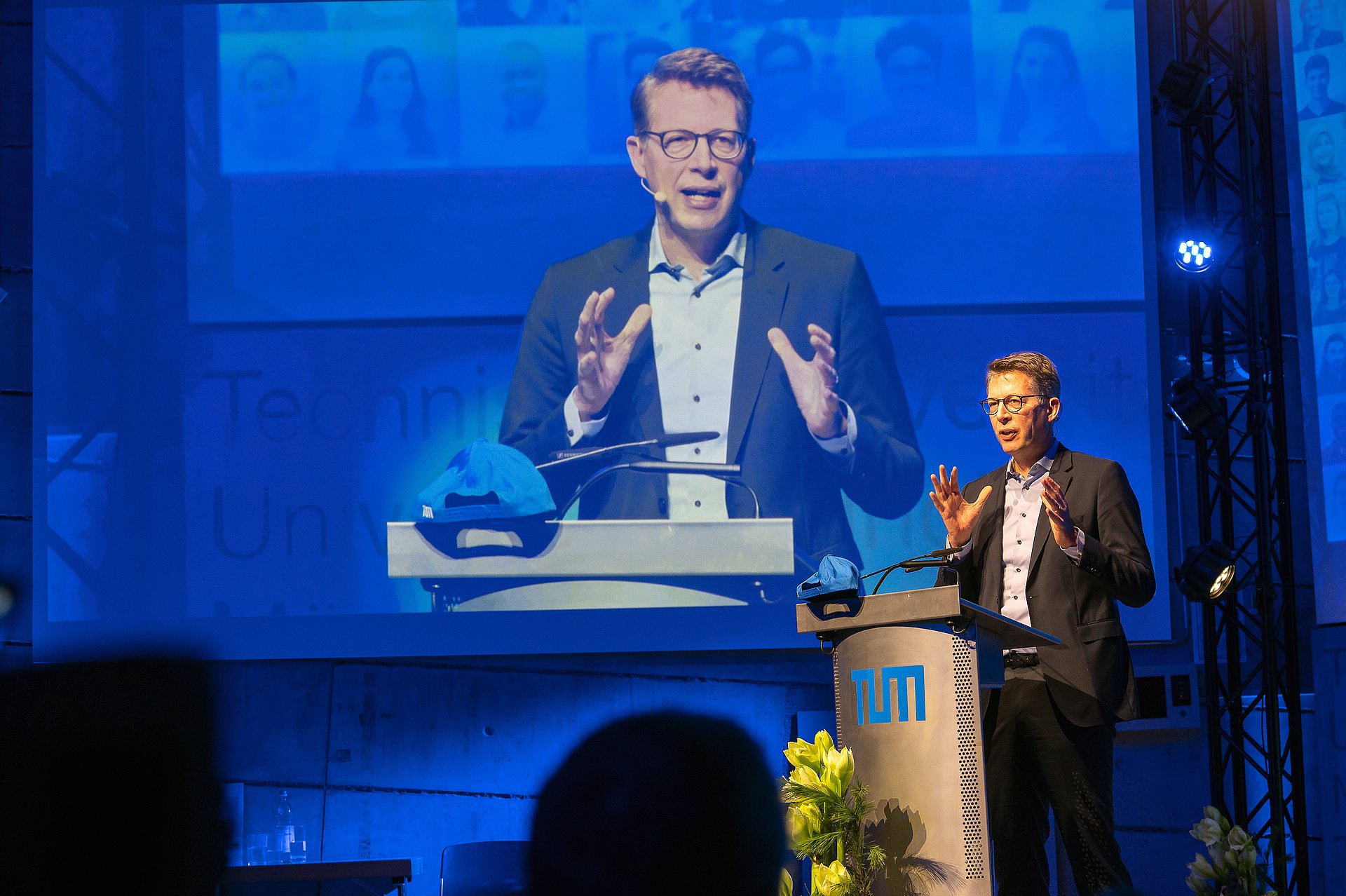


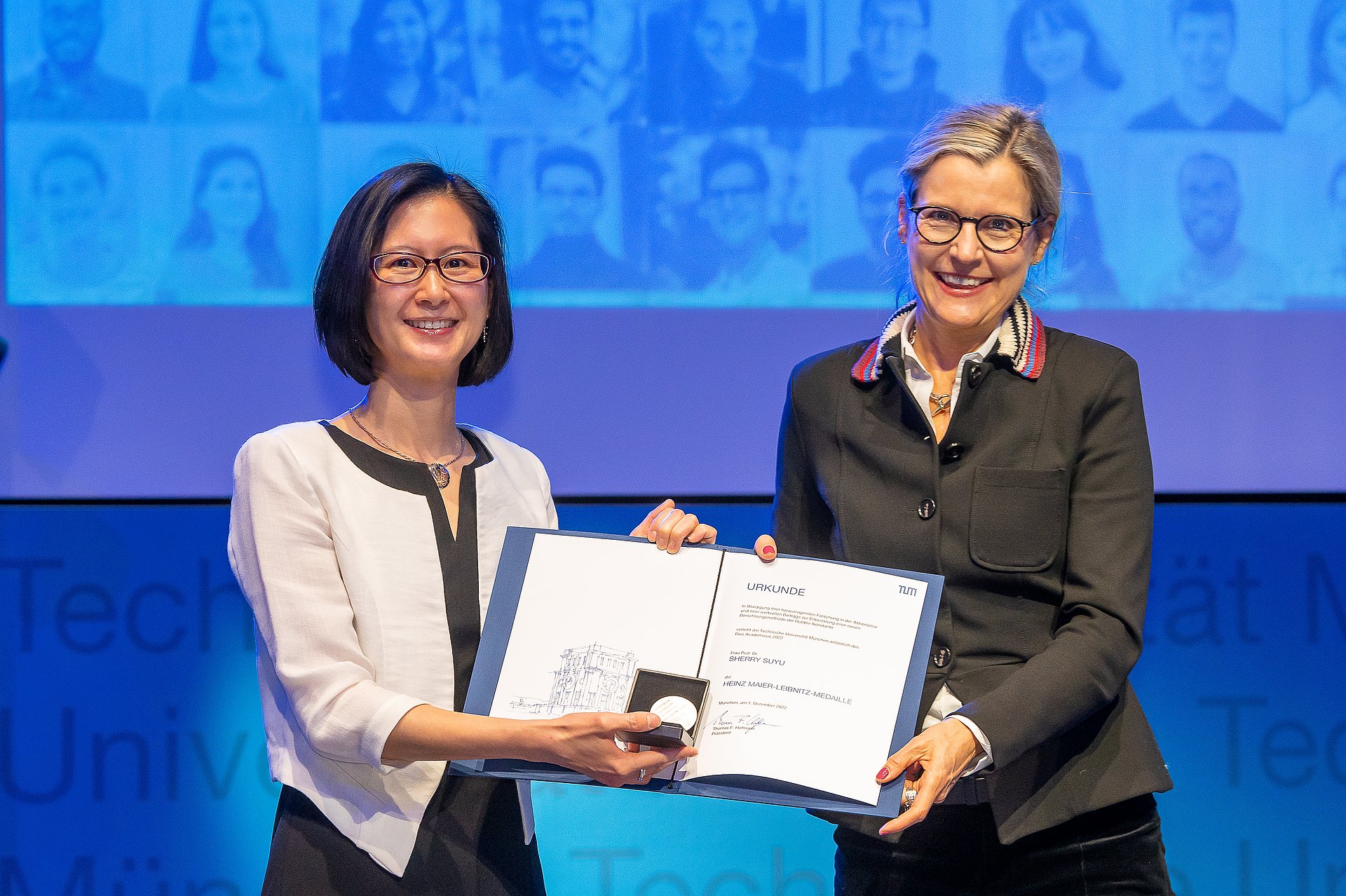
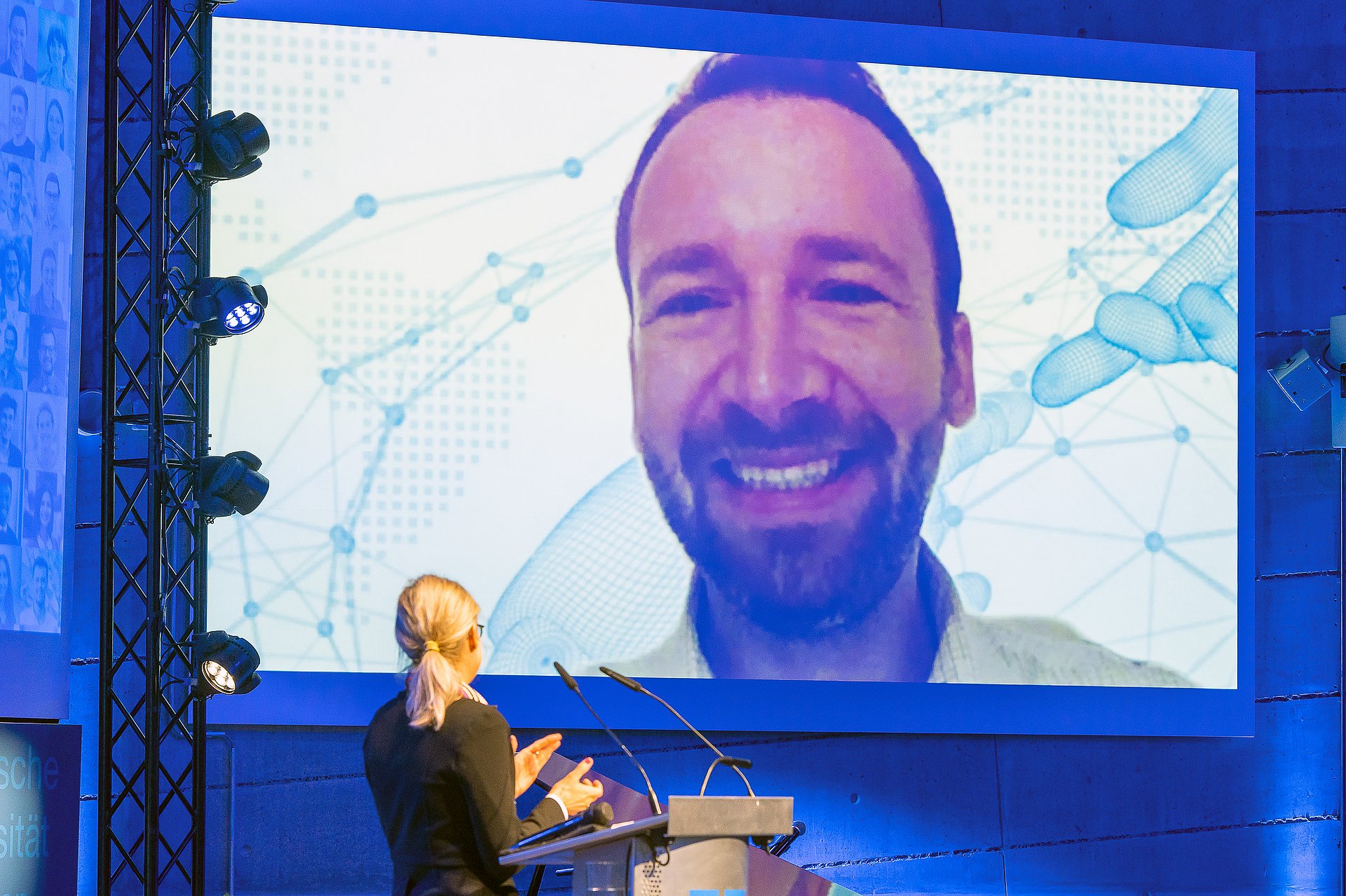

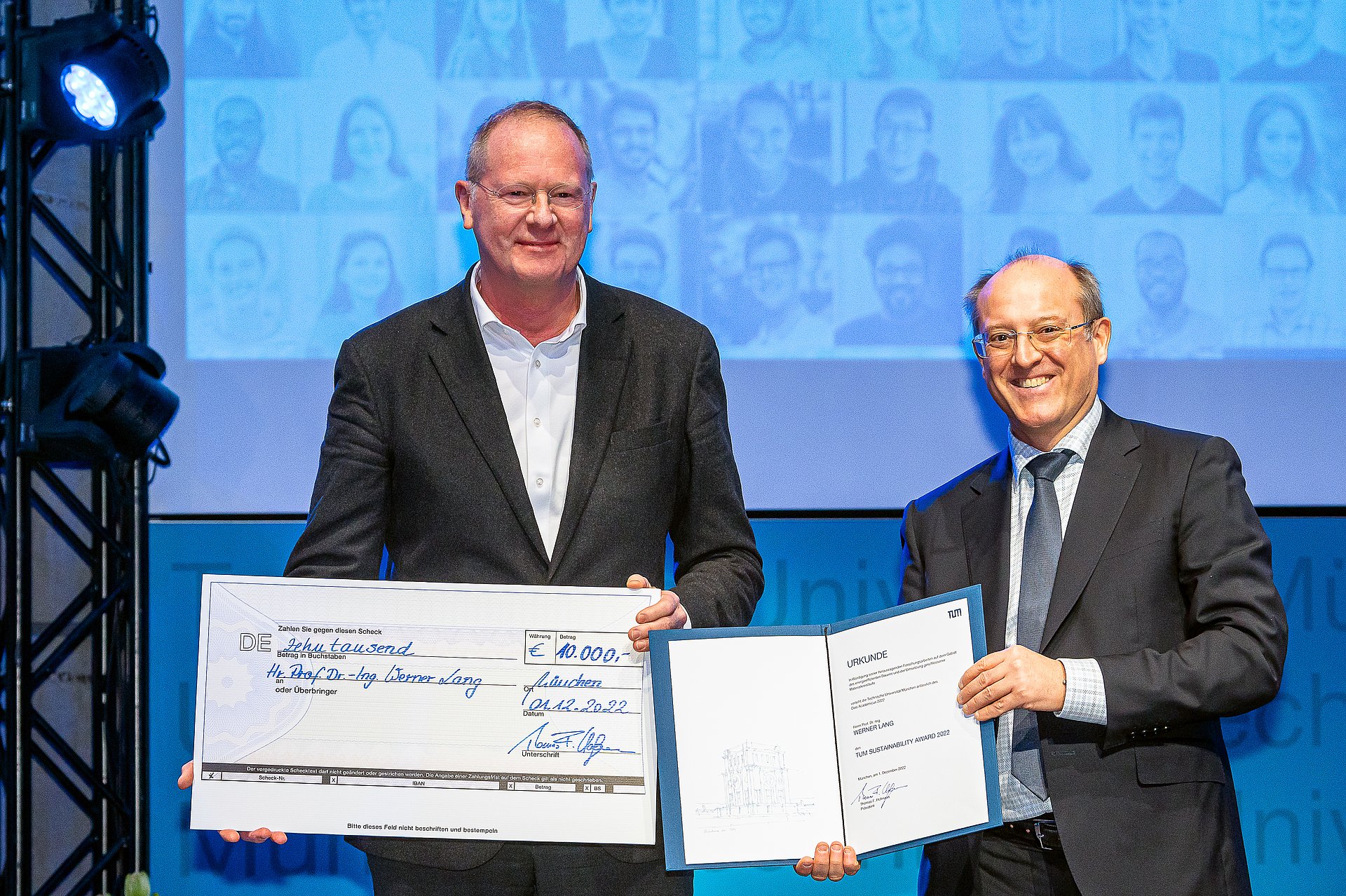
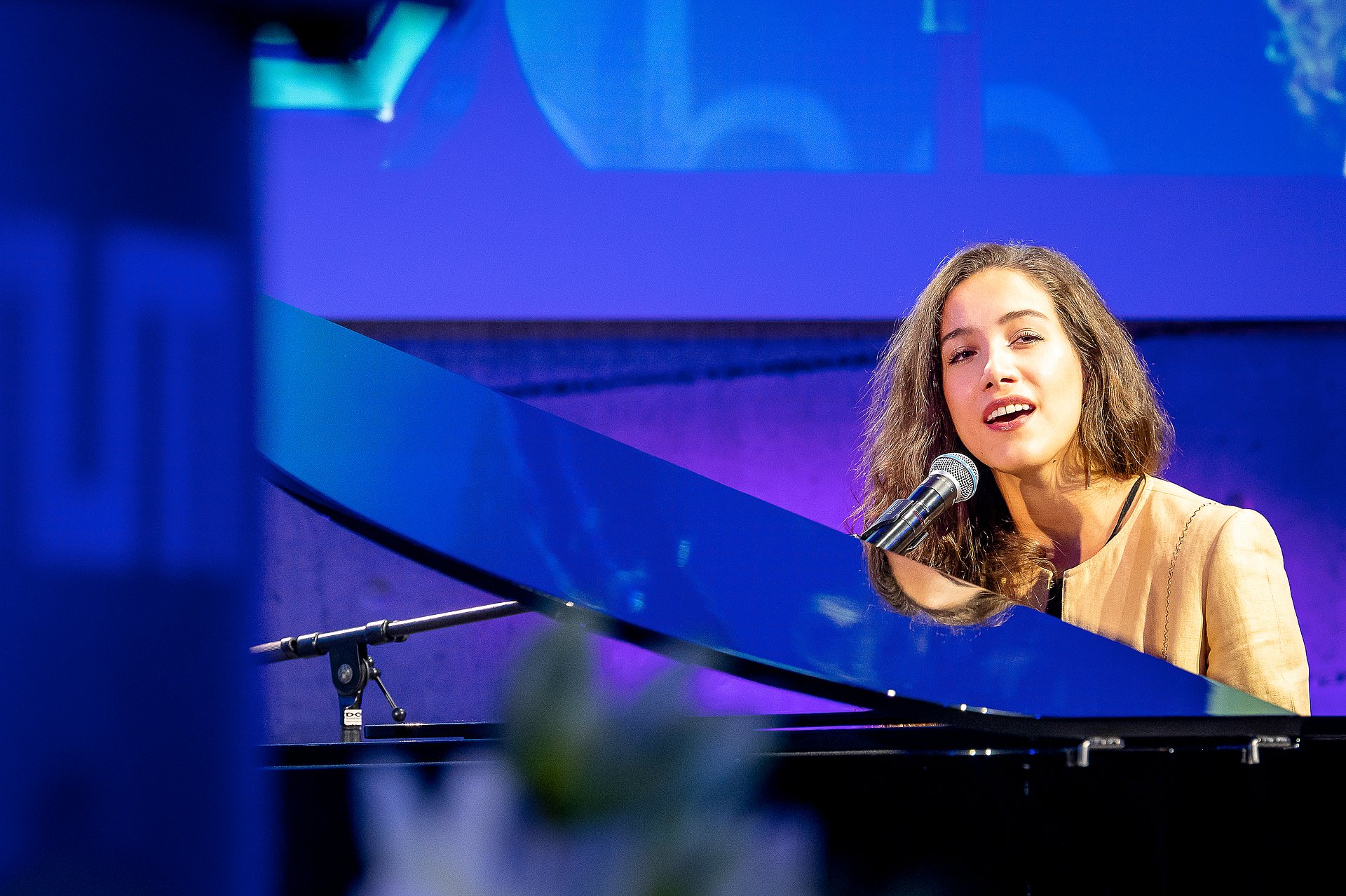
![[Translate to English:] [Translate to English:]](/fileadmin/_processed_/6/f/csm_20221027_Sustainability-Day_AH_721672-1_71c08fedb7.jpg)

